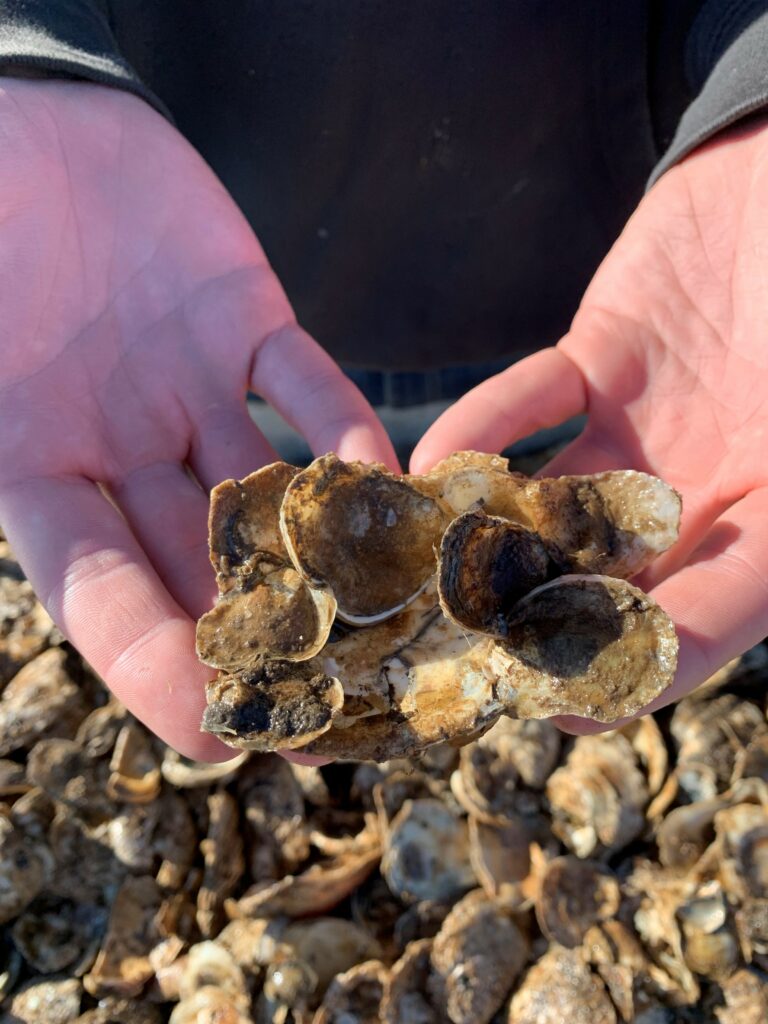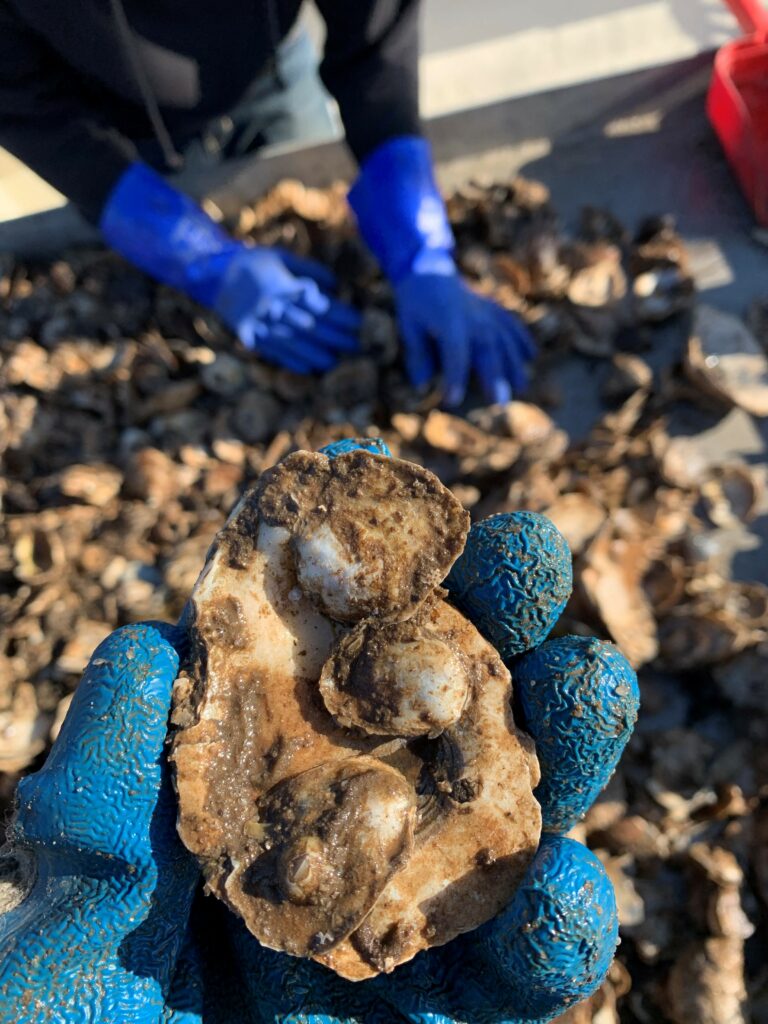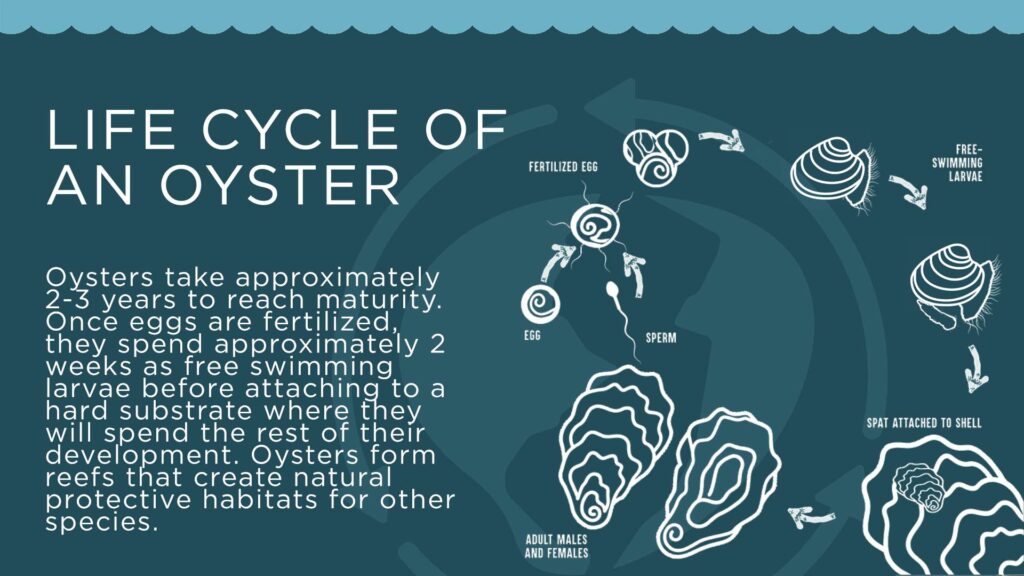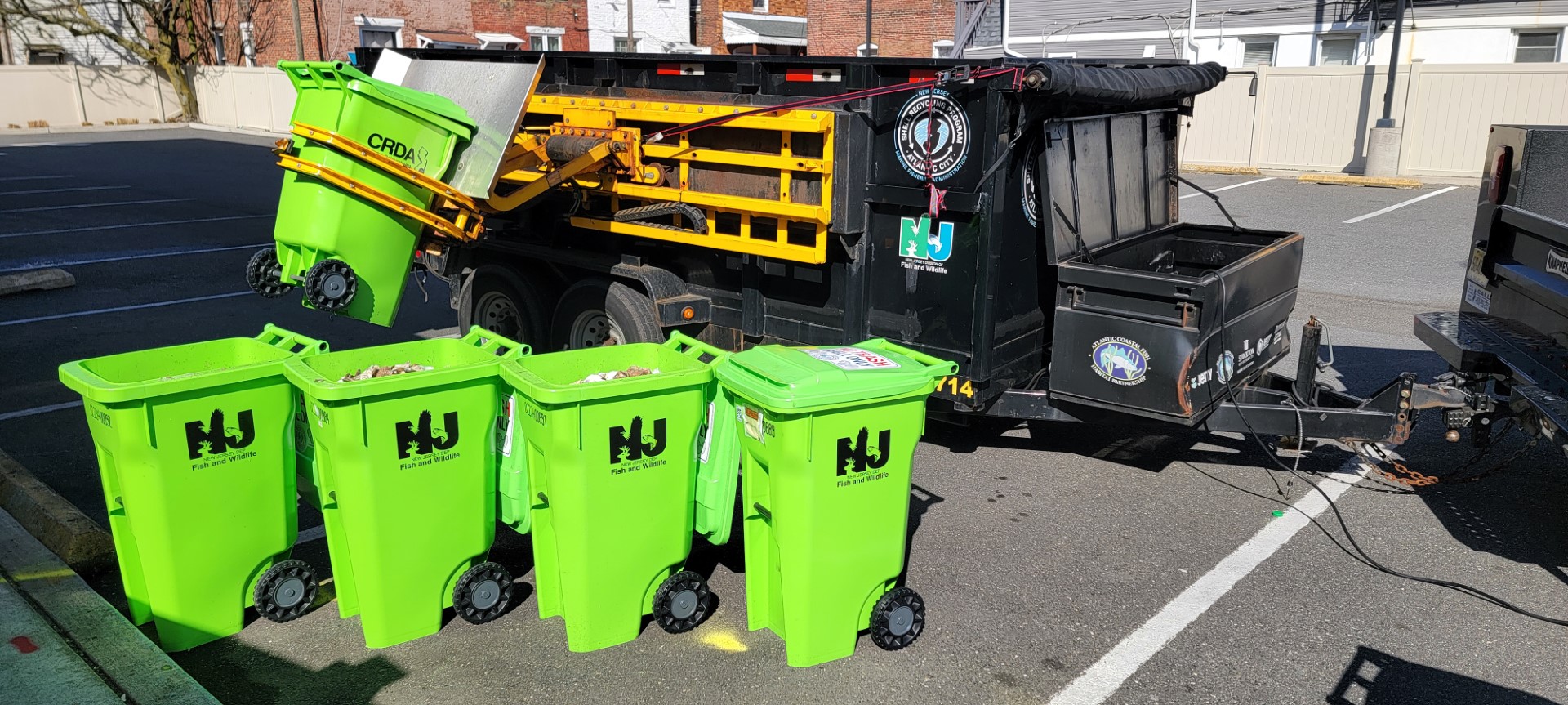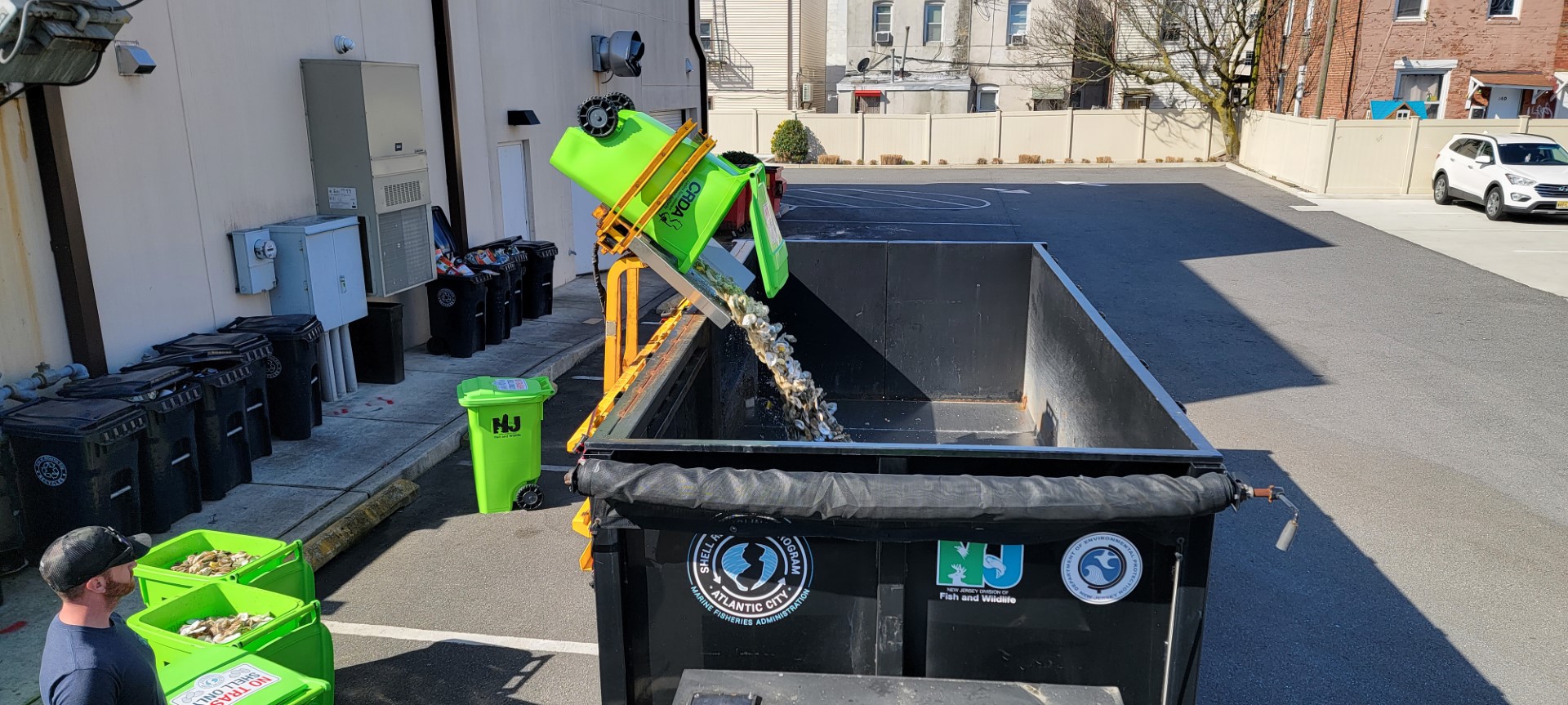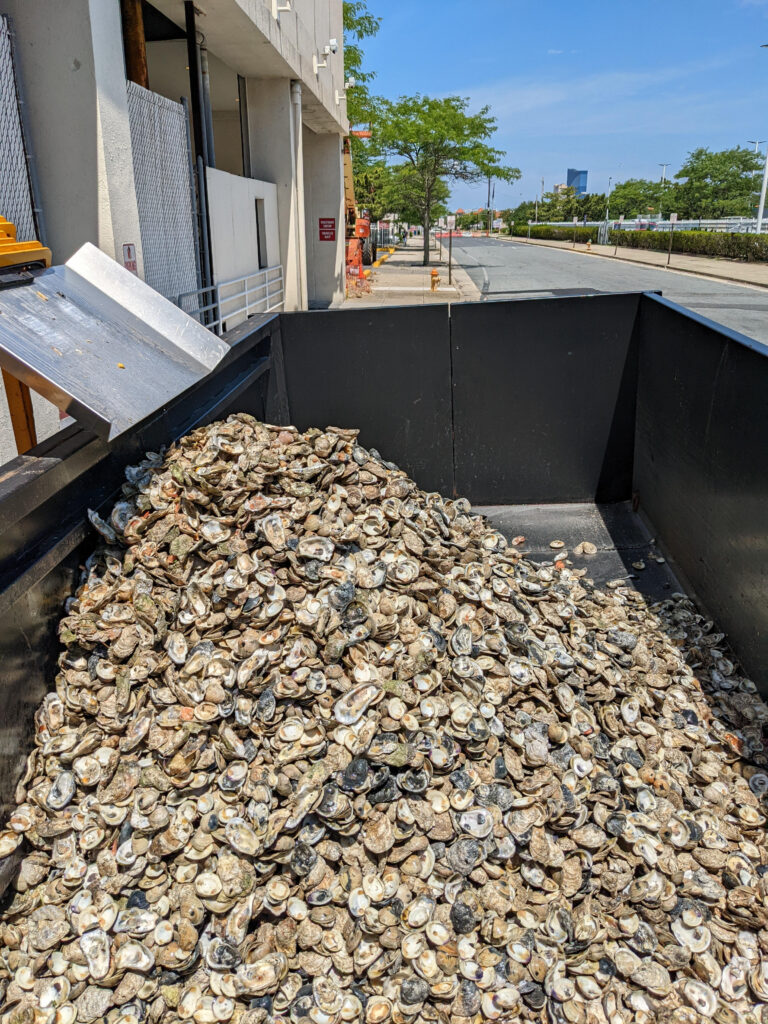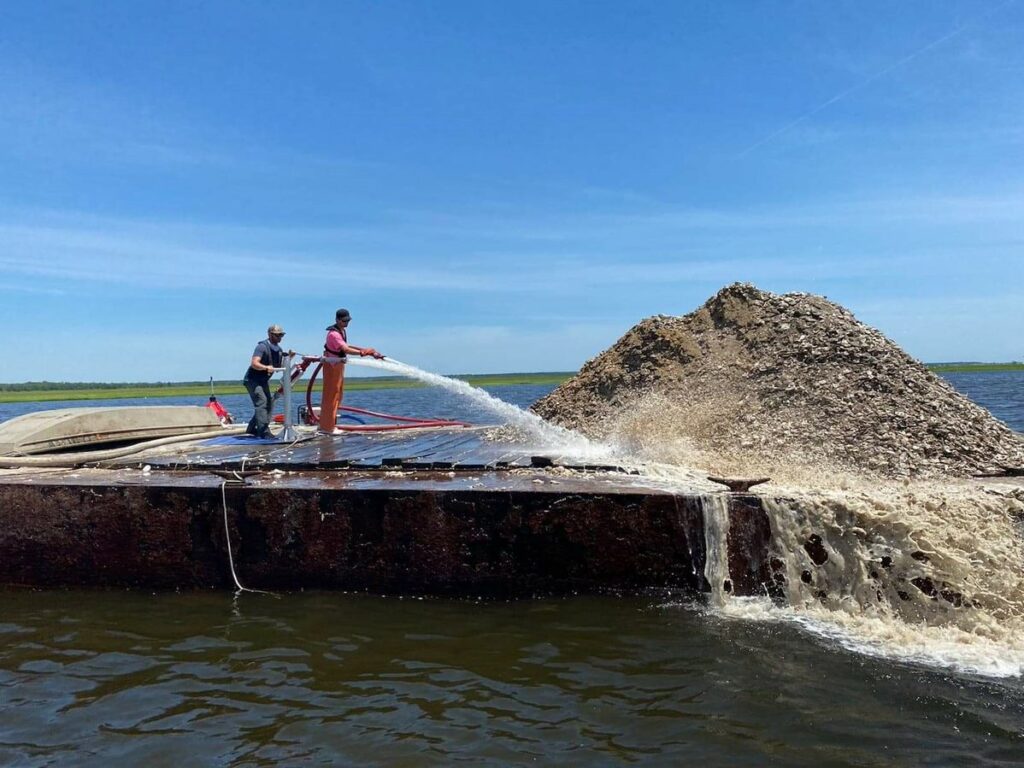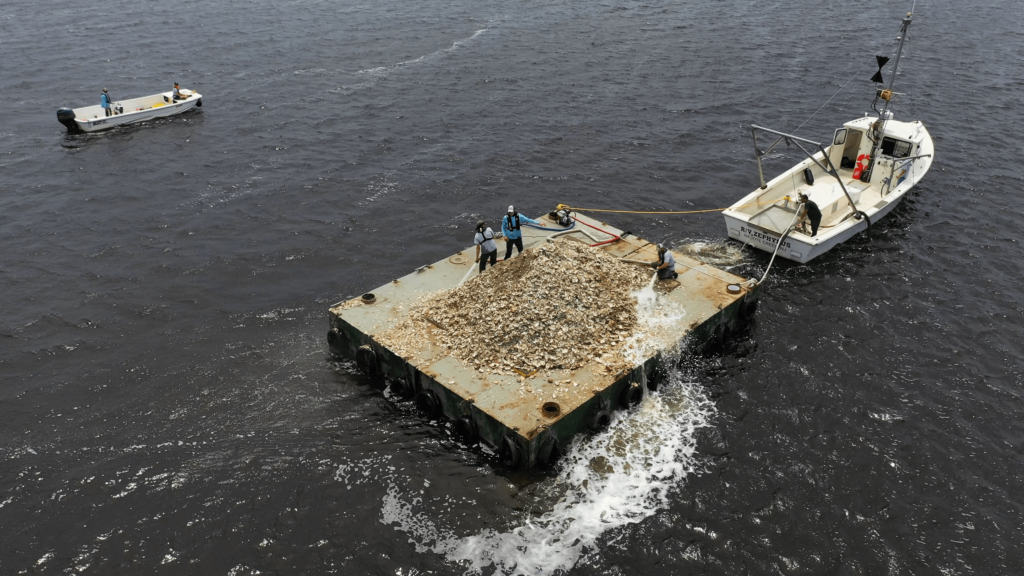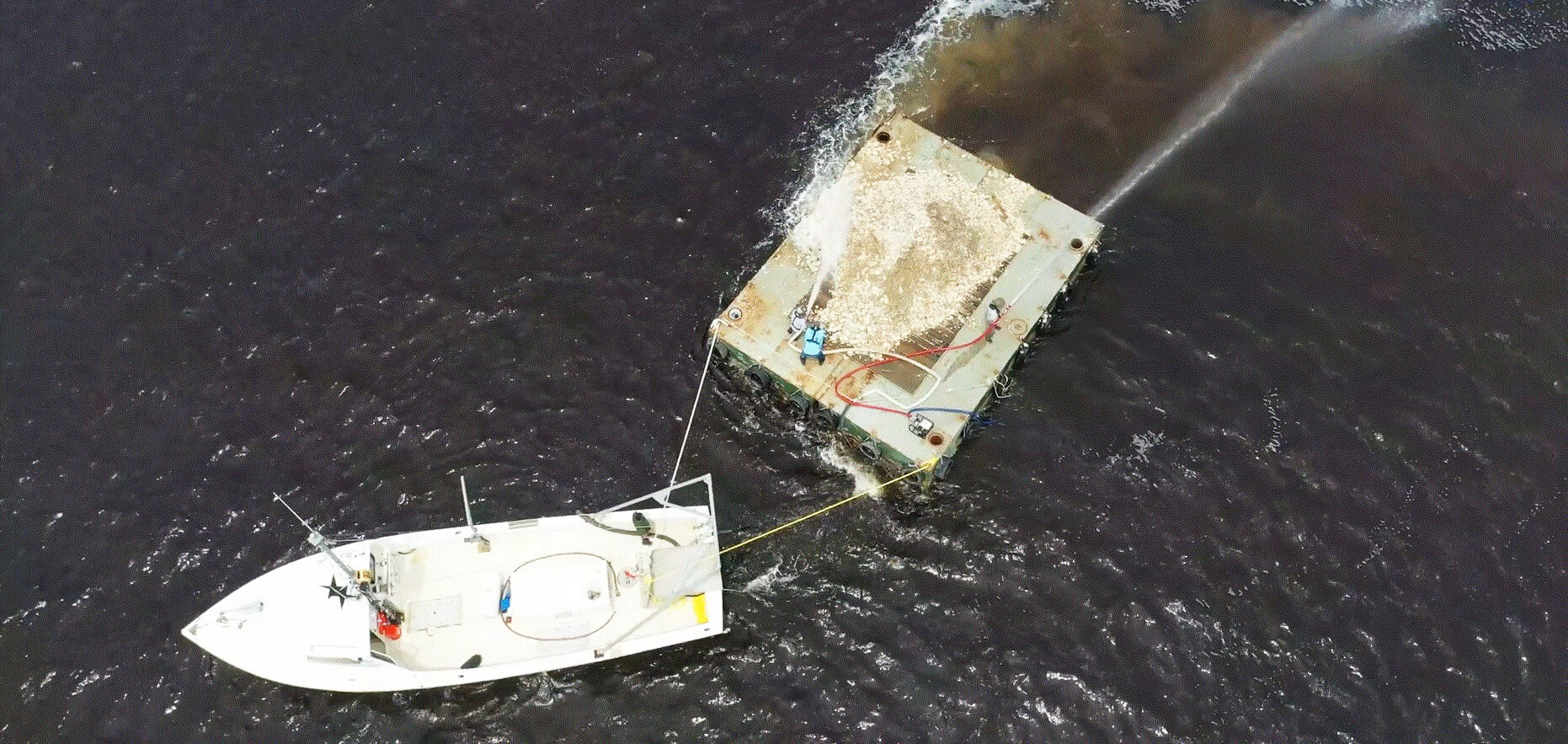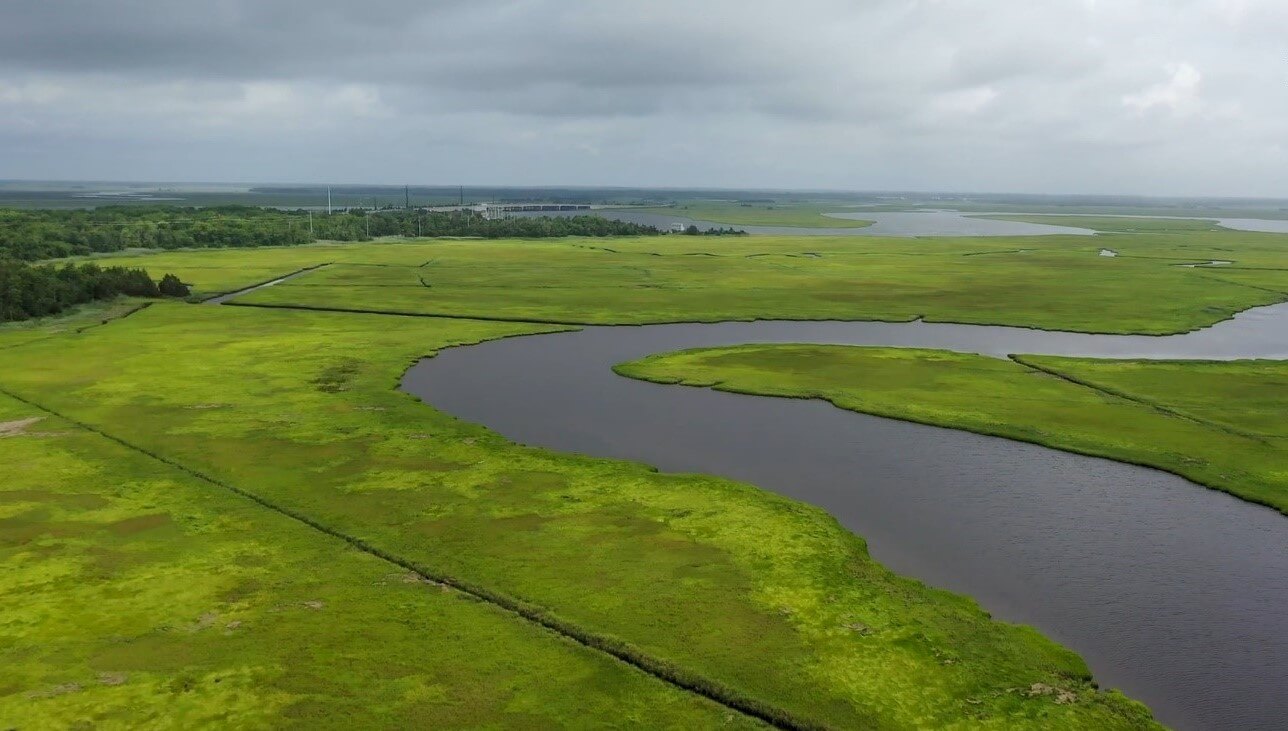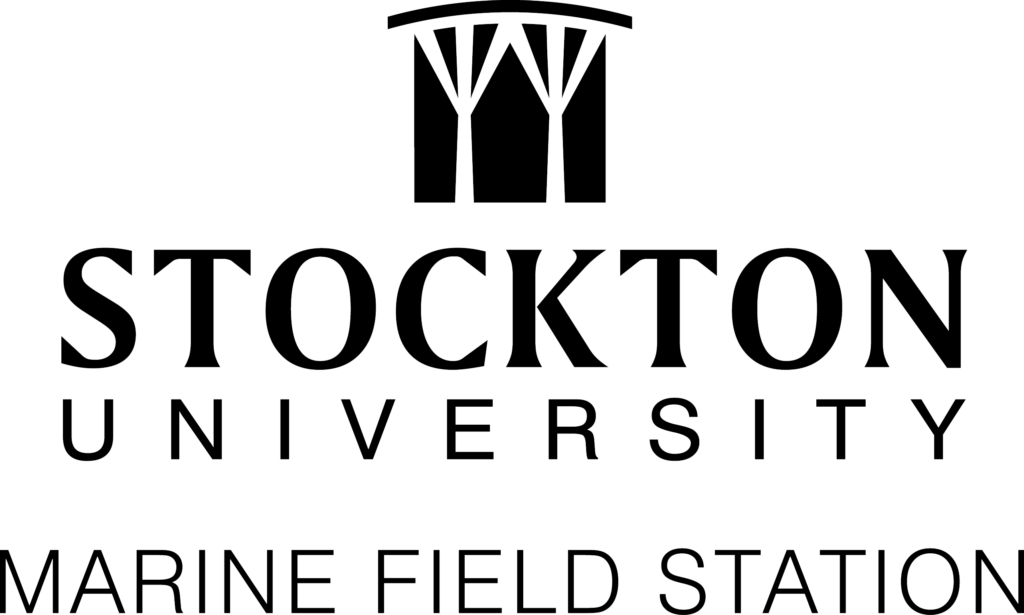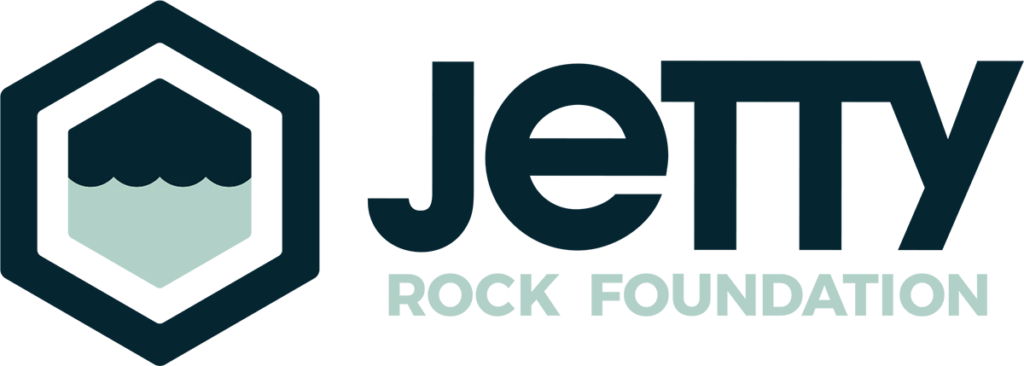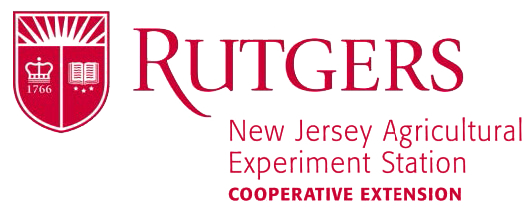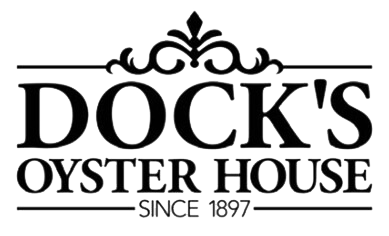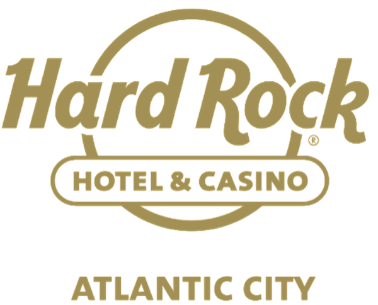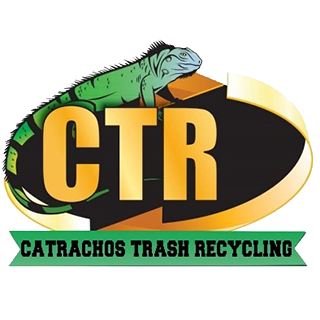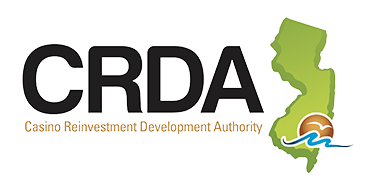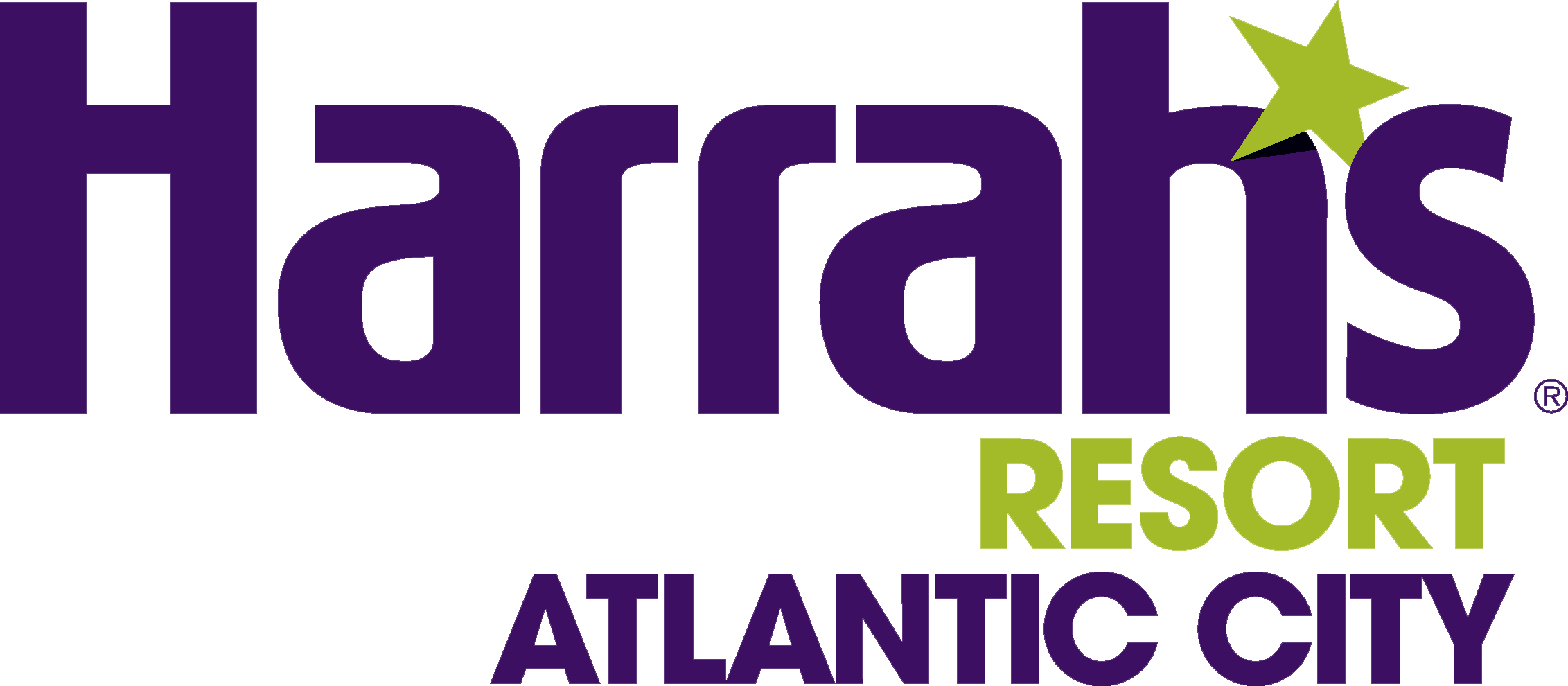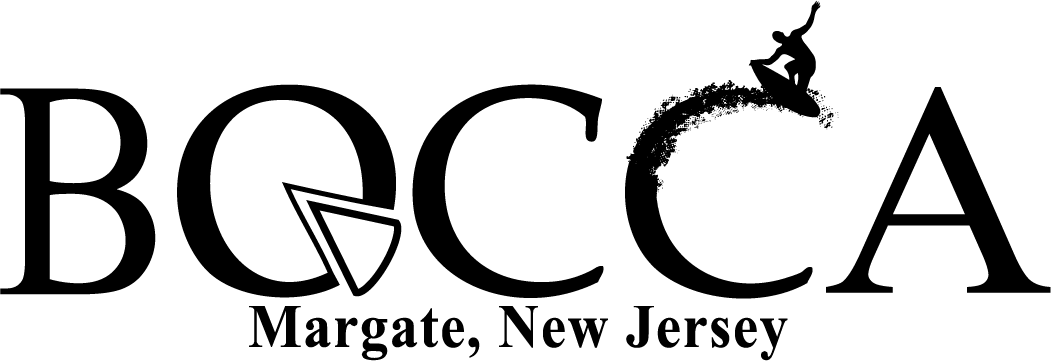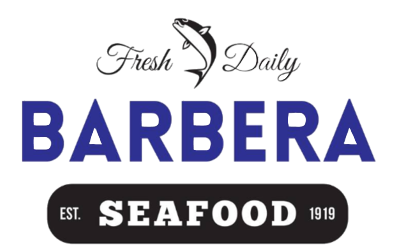Program Overview
Early in their life cycle, Eastern Oyster (Crassostrea virginica) larvae require a hard substrate to attach to and grow in order to build reefs. When oysters are harvested, not only is the individual oyster removed, but also the habitat (their shells) for future generations of oysters. Not having the necessary hard substrate available for larvae to settle on can stifle an oyster population’s sustainability.
Traditionally, when oysters and clams are served at a restaurant, the discarded shell is placed in the trash and is headed directly to the landfill. Shell recycling is a practice gaining popularity nationwide that aims to collect discarded shells from restaurants, making them available for oyster enhancement efforts. The benefits are multifaceted and include savings for restaurants on waste disposal costs, shell being kept out of landfills, and alternatively used to directly benefit the ecological health of our coastal waters by rebuilding a critical habitat.
In February 2019, NJDEP Marine Resources Administration (MRA), the Jetty Rock Foundation, Rutgers Cooperative Extension, and Stockton University agreed to partner on a conceptual shell recycling program based in Atlantic City, New Jersey. The program was developed after the Hard Rock Hotel and Casino in Atlantic City (Hard Rock) expressed interest in recycling shell to enhance oyster habitat in the Atlantic City region. Shortly after the Program was developed, many logistical challenges, such as storage, equipment needs, and transportation quickly came to light.
After careful consideration and discussions to address the logistical challenges, the MRA decided to take on the overall coordination role by dedicating staff, equipment, and resources to the program. The program has since expanded significantly, including the acquisition of grant funding through NOAA’s Coastal Zone Management Program for expansion. Beginning in 2024, the program will expand shell collection throughout Atlantic and Cape May Counties, add public drop-off locations, and work on education programs with Atlantic City schools. Check back often to stay up to date on our growing list of restaurant partners and the latest news about the program!
Shell recycling fits within the MRA’s overall mission to manage New Jersey’s marine habitat, resources, and industry. Improving the overall conditions of shellfish habitat and increasing shellfish populations through various enhancement and restoration programs is a focus of the MRA and provides a net benefit to the ecology of New Jersey’s estuarine waters.
Collection of Shell
Once a week, MRA staff collects shells from participating venues and transports them back to the Nacote Creek Research Station for storage and curing. Curing is the practice of allowing the shell to sit for a minimum of six months before placing it back in the water to rid it of any potential diseases that can be harmful to native oyster populations (not human consumers).
The collected shell is then used in oyster reef enhancement efforts along New Jersey’s coastline with an initial focus on the Mullica River oyster reefs, home to one of the last self-sustaining oyster populations on the Atlantic coast. These oyster reefs are very resilient, having survived freshwater flooding events, disease outbreaks, and the impacts of climate change, making them the perfect candidate to enhance and expand upon.
Shell Planting
Each June and July, shell is loaded onto a barge at the Nacote Creek Research Station and transported to the Mullica River oyster reefs. MRA staff use high pressured water cannons to deploy the shell back onto the reefs. To date, staff has deployed hundreds of tons of recycled oyster shell and shell from additional sources onto these reefs.
The site will be monitored regularly. MRA has a long-standing survey (from the 1950s) of the Mullica River oyster reefs that provides a well-established data set to evaluate pre- and post-planting conditions.
Want to learn even more about our Shell Recycling Program?
Check out the materials below!
Reports and Publications
- 2022 Annual Collection Report
- 2021 Annual Collection Report
- 2020 Annual Collection Report
- 2021 Shell Recycling Article: Atlantic City
- Eastern Oyster Conservation
- New Jersey Shell Recycling Guidelines
News Releases
2024
- How Atlantic City’s discarded oyster shells are helping the New Jersey oyster population (cbsnews.com)
- Shell recycling program aims to bolster NJ’s oyster beds (njspotlightnews.org)
2023
- Atlantic City restaurants help recycle 100 tons of shell back to oyster reefs (nationalfisherman.com)
- Enhancing Reefs Through Shell Recycling (acua.com)
- Oyster Recycling Programs are Coming Out of Their Shell (SEBSNJAESnews.rutgers.edu)
2021
Partners and Supporters
Interested in becoming one of our restaurant partners? Click here to get started!
For more information, please contact NJ Shell Recycling Coordinator Scott Stueber at NJShell@dep.nj.gov or (609) 748-2020
 Official Site of The State of New Jersey
Official Site of The State of New Jersey


